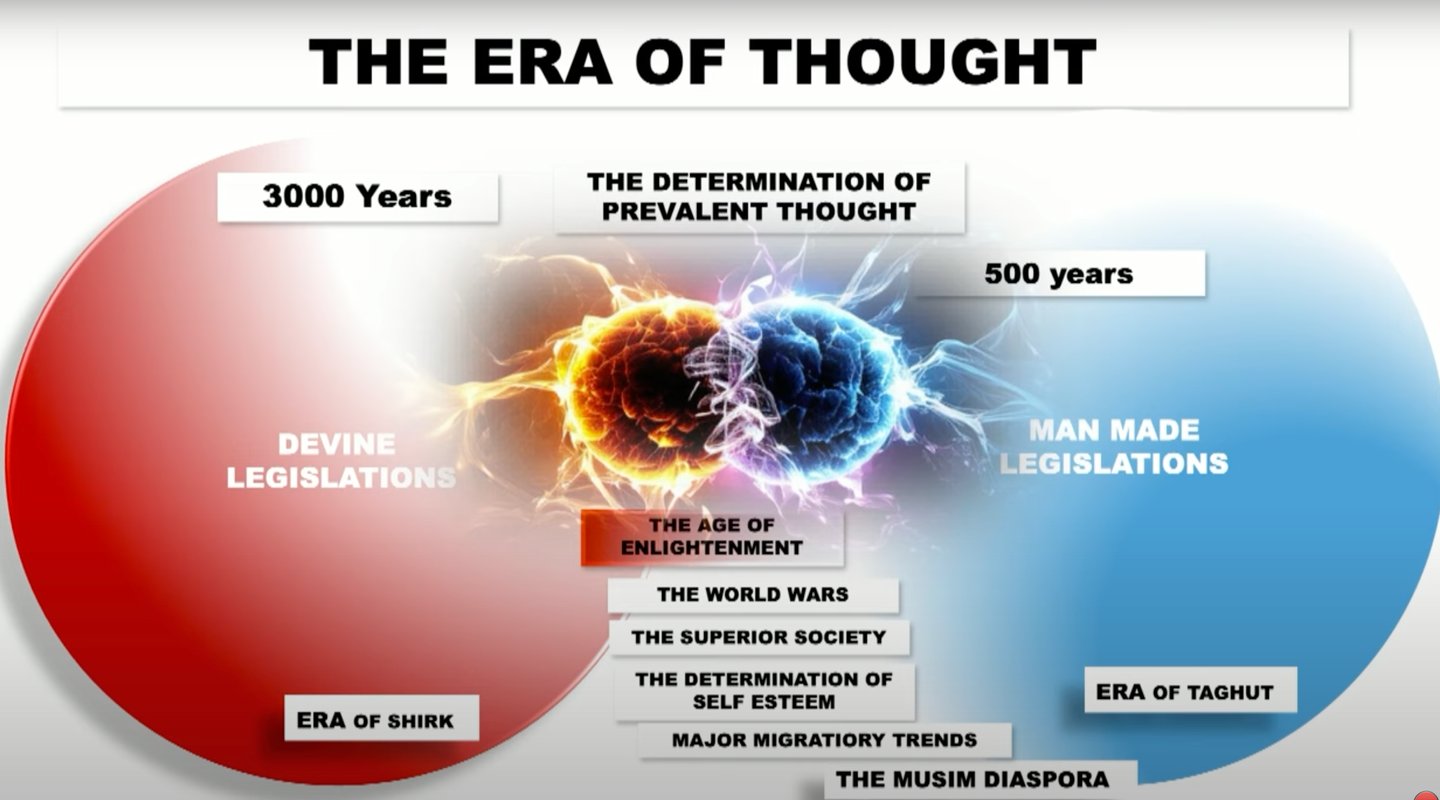What is Taghut(طاغوت)
In Surah Al-Nisaa 4:47, Muhammad urges the People of the Scripture to believe in the Quran before facing consequences. Learn more about taghut this important message.
INFORMATIVE
U.farooq
7/3/20242 min read


In Islam, the term taghut (طاغوت) refers to anything that takes the place of God (Allah) in a person's life. Here's a breakdown of the concept:
Core Meaning: It signifies a focus of worship besides God. Traditionally, it often referred to idols or demons.
Modern Interpretation: In contemporary times, taghut can also encompass:
Tyrannical Rulers: Leaders who oppress people and demand absolute obedience, going against God's will.
False Ideologies: Belief systems that contradict Islamic principles and claim ultimate authority.
Misplaced Trust: Putting excessive trust in wealth, power, or anything that distracts from worshipping God.
Key Point: The essence of taghut is anything that a person submits to or reveres over and above God. It's not just about worshipping physical idols; it's about what truly holds the highest place in a person's life.
Anything worshipped besides Allah: This is the core meaning, encompassing traditional idols, deities, or spirits.
Demanding worship or obedience: Taghut can be a person, idea, or concept that demands complete submission,taking precedence over God's will.
Opposing God's teachings: Taghut represents ideologies or systems that contradict Islamic principles and claim ultimate authority.
Misplaced reverence: It can also refer to excessive trust or devotion towards wealth, power, status, or anything that distracts from worshipping God.
Causing oppression or injustice: Tyrannical rulers who exploit and oppress people can be considered taghut.
False promises or security: Taghut can represent anything that deludes people into believing it can provide ultimate security or fulfillment instead of Allah.
Remember: The key concept is that taghut displaces Allah as the supreme focus of a person's life. It's not just about worshipping physical idols, but anything that takes priority over God in terms of devotion and obedience.
Quran Verses About Taqhut
The concept of taghut appears in several places throughout the Quran. Here's a breakdown of how it's mentioned:
General Definition: The Quran doesn't provide an explicit definition of taghut, but its usage clarifies the meaning.
Contrasting with Allah: Verses often position taghut as something worshipped or obeyed in opposition to Allah. Here's an example:
"And (remember) when Allah will say (on the Day of Resurrection): “O ‘Eesaa (Jesus), son of Maryam (Mary)! Did you say unto men: ‘Worship me and my mother as two gods besides Allah?’ He said: ‘Glorified be You (Allah)! I could never say what I have no right to. If I had said it, You would surely have known it. You know what is in my innerself, while I know not what is in Your innerself. Verily, You are the All-Knower of the unseen." (Quran 5:116)
This verse shows Jesus (peace be upon him) rejecting the idea of being worshipped alongside Allah. Here, taghut can be understood as anything claiming divine status.
· Examples of Taghut: The Quran mentions specific examples of taghut, including:
Idols and false deities: These were prominent during the Prophet Muhammad's (PBUH) time. (e.g., An-Nisaa 4:51)
Falsehood and Jibt: Jibt refers to hidden knowledge or false idols. (e.g., An-Nisaa 4:51)
Disobedient Leaders: Rulers who defy God's commandments can be considered taghut. (e.g., Al-Qasas 28:38)
· Importance of Rejecting Taghut: The Quran emphasizes rejecting taghut and worshipping Allah alone. This is considered a fundamental principle of Islam. (e.g., Al-Baqarah 2:256)



